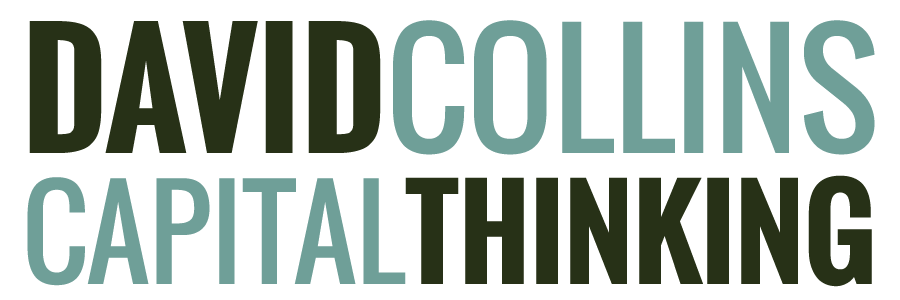New Zealand’s contribution to world emissions is estimated to be 0.17%*, with the agriculture sector contributing 40%* of this amount, or 0.068% of total emissions. (*1, *2). Labour recently announced it wants to further increase the tax of our farming industry.
Federated Farmers responded accordingly, “The greenhouse gas reduction plan released by the government this morning will rip the guts out of small-town New Zealand, putting trees where farms used to be.” *3
The argument is “The plan aims to reduce sheep and beef farming in New Zealand by 20% and dairy farming by 5% to achieve the unscientific pulled-out-of-a-hat national GHG targets… The scariest impact from the government’s rehash of the He Waka Eke Noa proposal was that its own modelling showed the impact on sheep and beef farming would be as high as 20%.” *4
New Zealand has approximately 23,403 sheep and beef farmers. *5 The revamped tax will reduce farm numbers by 4,680, representing a loss of $3,520 billion to our exports. Furthermore, 5% of the dairy industry will be lost. New Zealand has approximately 11,100 dairy farmers. *6 Therefore a 5% loss will represent a loss of 555 farms, or $425 million in export earnings. In total, approximately $4 billion will be wiped off the economy. This will significantly impact all New Zealand in some way.
The greatest impact will be on our rural population. The rural population is approximately 817,968 or 16% of the total population (30 December 2020). *7 Whilst it is hard to estimate the total impact on the rural community, losing $4 billion will obviously impact up to 20% of this community or 163,593 people. Then there is the ripple effect on the wider population, with less money following through into urban centres.
In contrast, India has approximately 307.5 million cows, or 33% of cows globally. China, Brazil, and India represent 64% of cows globally. New Zealand has approximately 4 million, or 1.3% of India’s cows. Conversely, China has 175 million sheep. New Zealand has 25.3 million sheep, or 14% of China.
The question must be asked; if New Zealand reduces sheep and beef farming by 20% and dairy farming by 5%, will global consumption of meat and dairy fall? No! Instead, production of dairy and meat will move to other markets, such as Argentina and China where emissions are much higher for the same product. The global average CO2 emission is more than double for sheep production if it moves overseas *8. Therefore, reducing emissions in New Zealand results in net higher CO2 emissions globally.
What is Labour, trying to achieve? By the numbers, New Zealand does not even represent a pimple on the world’s emissions burn (maybe a small spot). We are trying to solve a problem in New Zealand that does not exist in world terms when compared with countries like China and India, while concurrently we are attempting to devastate our economy and national wellbeing. This is all in the name of climate change, extremism, and green ideology. Yes, climate change is happening. However, there are better ways to play our part in helping the world in this area. Do we have to destroy our economy at the same time while having no discernable impact on world emissions?
*1 Environment.govt.nz
*2 Environment.govt.nz
*3 Federated Farmers
*4 Federated Farmers
*5 Beef + Lamb
*6 Beef + Lamb
*7 Beef + Lamb
*8 the spinoff
